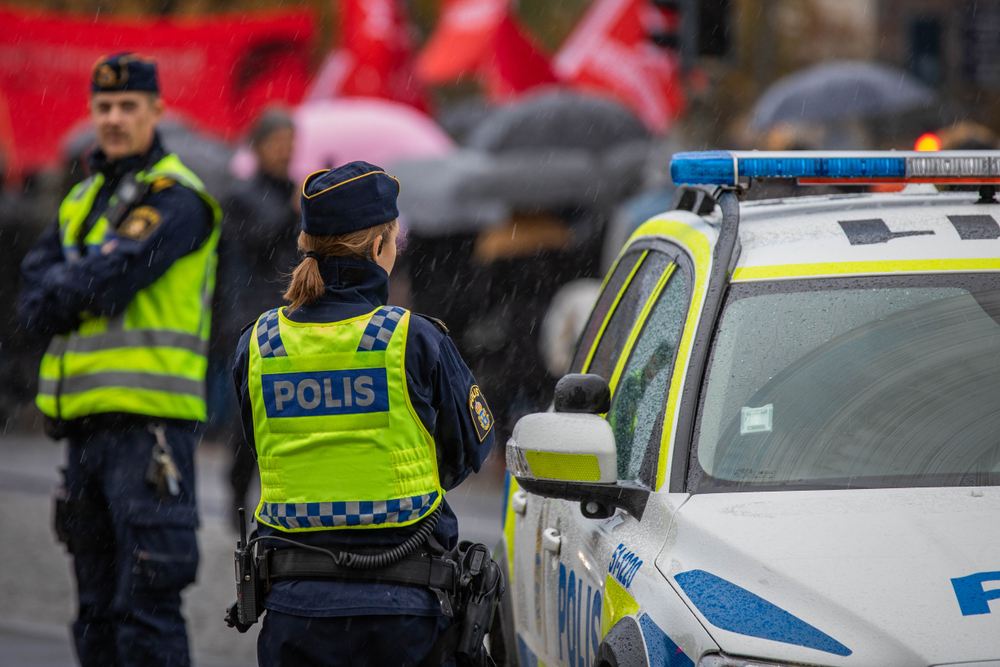Sweden will strengthen cooperation between authorities to prevent radicalisation and the spread of violent terrorism in response to the deteriorating security situation following several Quran burnings, Justice Minister Gunnar Strömmer said at a press conference on Monday.
The government has commissioned the Centre for Combating Violent Extremism and the Swedish National Council for Crime Prevention to strengthen cooperation between authorities to prevent radicalisation and the spread of violent terrorism in response to increased security-related risks.
“The assessment of the Swedish Security Service is that the threat will not diminish in a short time, but that we should rather assume that it will continue for a longer period of time,” said Strömmer.
In addition to strengthening cooperation between the different authorities, the mission also aims to increase dialogue between authorities and various actors in civil society, such as religious communities.
Sweden has been on heightened threat alert since the summer when several Quran burnings sparked anger in the Muslim world. The Swedish embassy in Baghdad has already been attacked twice, and the Quran burnings have further strained Stockholm’s relations with Ankara, thus threatening the country’s NATO bid.
The Organisation of Islamic Cooperation (OIC) even called on its members to take appropriate action against countries where the Quran was being desecrated.
Burning or desecrating a holy book is not illegal in Sweden, as it falls under the umbrella of freedom of expression. But it has sparked a lively debate in a country where one in 10 citizens is foreign-born, and often from Muslim-majority countries, according to the Swedish Office of Statistics.
The controversy has even spilt over into neighbouring Denmark, which is now considering legislation that would make improper handling of the Quran or the Bible an offence that would result in a fine and up to two years in prison.
However, Sweden’s centre-right Prime Minister, Ulf Kristersson, has said on several occasions that Stockholm will not take the same step as its southern neighbour because it would probably require a change in the Constitution.
According to Strömmer, reviewing the country’s Public Order Act is the right move, as the government could change the law to ban gatherings that threaten Sweden’s public safety.
Source : Euractiv


